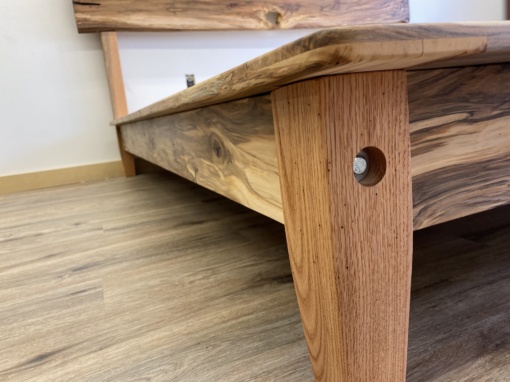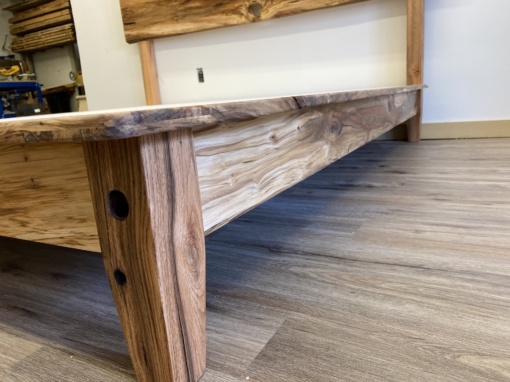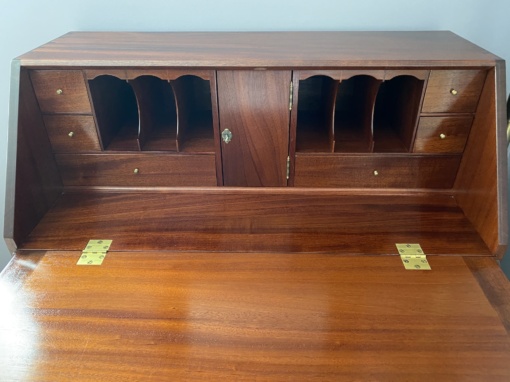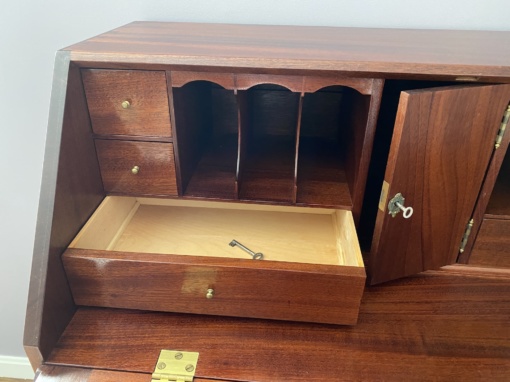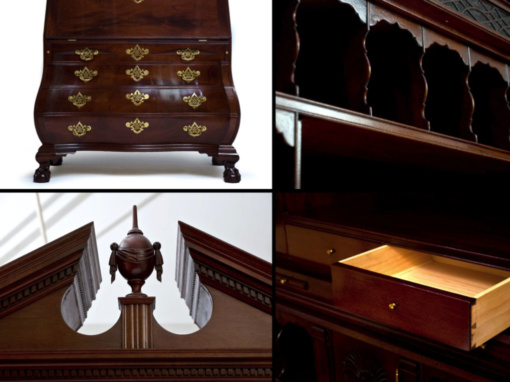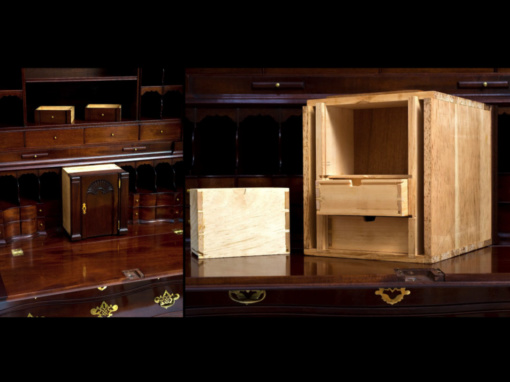When working with any type of powertool, avoid wearing jewelry such as watches, bracelets or chains. They can easily become caught in the moving parts of the tool.
Safety
Potential Hazards
During a disaster, ordinary objects in your home can cause injury or damage. Anything that can move, fall, break, or cause a fire is a home hazard. For example a bookcase can fall and cause serious injury. Inspect your home at least once a year and fix potential hazards.
Team Work
Always try to work with someone if you can. If not, have a phone nearby in case of emergency.
Flood Warnings — Understand Them
Flood Watch – Flash flooding or flooding is possible within the designated WATCH area. Be alert.
Flood Warning – Flash flooding or flooding has been reported or is imminent. Take necessary precautions at once.
Stream Advisory – Flooding of small streams, streets, and low-lying areas, such as railroad underpasses and urban storm drains, is occurring.
Flood Statement – Follow-up information regarding a flash flood/flood event.
Tool Purpose
Don’t use a tool for anything other than its intended purpose. Using a wrench as a hammer may seem like a quick fix, but it may cause damage to the tool, the project, and possibly yourself. Remember, always use the right tool for the job.
Power Outage Safety
Include power outages in your family disaster plan, identifying alternate means of transportation and routes to home, school, or work.
Keep extra cash on hand since an extended power outage may prevent you from withdrawing money from automatic teller machines or banks.
Keep a supply of non-perishable foods, medicine, baby supplies, and pet food as appropriate on hand. Also be sure to have at least one gallon of water per person per day on hand.
Avoid opening the fridge or freezer. Food should be safe as long as the outage lasts no more than 4-6 hours.
Have one or more coolers for cold food storage, in case power outage is prolonged. Perishable foods should not be stored for more than two hours above 40 degrees Fahrenheit.
Have an emergency power supply for anyone dependent on medical equipment requiring electricity.
Keep a supply of flashlights, batteries, and a battery-powered radio on hand.
Do not use candles as they pose a fire hazard.
Connect only individual appliances to portable generators and never plug a generator into wall outlets.
Use gas-powered generators only in well-ventilated areas.
When driving, be careful at intersections – traffic lights may be out, creating a dangerous situation.
Turn off any electrical equipment that was in use prior to the power.
Turn off all lights but one, to alert you when power resumes.
Check on elderly neighbors, friends, or relatives who may need assistance if weather is severe during the outage.
During a power outage, resist the temptation to call 9-1-1 for information –that’s what your battery-powered radio is for.
Don’t plug emergency generators into electric outlets or hook them directly to your home’s electrical system – as they can feed electricity back into the power lines, putting you and line workers in danger.
Keep your car fuel tank at least half-full, gas stations rely on electricity to power their pumps.
When power is restored, wait a few minutes before turning on major appliances to help eliminate further problems caused by a sharp increase in demand.
Generator Safety
Never connect generators to your internal wiring. The reverse flow of electricity or “backflow” can injure an unsuspecting utility worker. For extra safety, install a transfer switch that cuts power to your home from the utility pole and switches it to your generator. Have an adequate supply of fuel for your generator and keep combustible materials like gasoline cans away from heat sources. Always fill the generator with fuel in a well-ventilated area while the generator is turned off. Never run your generator indoors or in a poorly ventilated area such as a garage. Generators, like all other engines, exhaust carbon monoxide gas, which can be deadly. Use the appropriate sized power cords to carry the electric load. Overloaded cords can overheat and cause fires. Never run generator cords under rugs or carpets where heat might build up or damage to a cord could go unnoticed.
If You Evacuate
Evacuate immediately if authorities tell you to do so. Listen to your battery-powered radio and follow the instructions of local emergency officials. Wear warm, dry clothing and sturdy shoes. Be sure to take your disaster supplies kit with you to a shelter or safe location. Use travel routes specified by local authorities—don’t use shortcuts.
Before You Go – If you have the time: Turn off water, gas and electricity before leaving. Post a note telling when you left and where you are going. Don’t forget about your pets and be sure to lock your home.


